Where’s the Oil Now? What’s the Gulf Worth? The Tough Questions, Answered
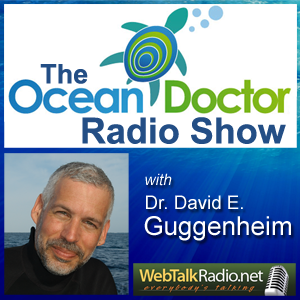 |
February 7, 2011: We tap into the best and brightest at the National Conference on Science, Policy and the Environment in Washington, DC to get answers to the tough questions. An interview with Dr. David Yoskowitz, Chair of Socioeconomics at the Harte Research Institute for Gulf of Mexico Studies, with jaw-dropping statistics on what the Gulf is worth. What we all assumed about dispersants that may be all wrong. And we follow the National Commission on the BP Deepwater Horizon Oil Spill and Offshore Drilling as it goes before Congress.
The Ocean Doctor airs weekly on WebTalkRadio.net. Want to listen on your iPod, iPhone or mp3 player? Download the mp3 file or subscribe on iTunes and don’t miss a single episode. See the complete list of episodes.
Follow The Ocean Doctor on Twitter — Become a Fan on Facebook!
Submit a question and I’ll try to answer it on the air. Even better, record your question or comment on our special message line and I might play it on the air. Call: (805) 619-9194. You can also leave questions and comments for this episode below.
Like the show? Learn how to become a sponsor.
Podcast: Play in new window | Download
The Tough Questions, Answered.
The National Conference on Science, Policy and the Environment in Washington, DC is a who’s who in ocean research and conservation and a chance to really focus on the major issues ahead. If you want tough questions about the Gulf or the oceans answered, this is the place to be.
We hear from:
- Richard Harris, Science Correspondent, NPR
- Dr. Edward Overton, Professor Emeritus of Environmental Sciences, Louisiana State University
- Dr. John “Wes” Tunnell, Associate Director, Harte Research Institute for Gulf of Mexico Studies at Texas A&M University-Corpus Christi
- Dr. Charles ?Pete? Peterson, Alumni Distinguished Professor of Marine Sciences, Biology and Ecology,? University of North Carolina
- Dr. David Yoskowitz, Chair of Socioeconomics , Associate Director, Harte Research Institute for Gulf of Mexico Studies at Texas A&M University-Corpus Christi
- Dr. Carl Safina, President, Blue Ocean Institute
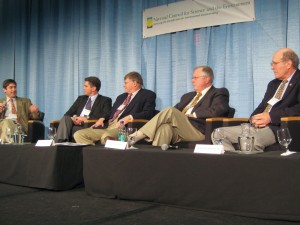
Panel on Impacts of BP Deepwater Horizon Oil Spill. Left to Right: Richard Harris, NPR; Dr. David Yoskowitz, HRI; Dr. Charles ?Pete? Peterson, UNC; Dr. Edward Overton, LSU; Dr. John "Wes" Tunnell, HRI (Photo: D. Guggenheim)
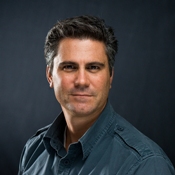
What's nature worth to you? The Ocean Doctor interviews Dr. David Yoskowitz, Chair of Socioeconomics, Harte Research Institute for Gulf of Mexico Studies
Also: Our In-Depth Coverage of the BP Deepwater Horizon Disaster Continues
Our show continues its in-depth coverage of the Gulf oil spill and once again we’re going deep. As promised last week, this week we take you to congress as the National Commission on the BP Deepwater Horizon Oil Spill and Offshore Drilling, co-chaired by former Florida Governor and U.S. Senator, Bob Graham and former EPA Administrator, William Riley, has issued its final report and has entered its most crucial phase: Getting Congress to act on its recommendations.
The Commission co-chairs recently testified before the Senate Energy and Natural Resources Committee and the House Natural Resources Committee. The reception was mixed. While in general the Commission commanded respect, there were attacks, primarily by oil-producing states.
Links:
National Council for Science and the Environment
National Commission on the BP Oil Spill and Offshore Drilling
Harte Research Institute for Gulf of Mexico Studies at Texas A&M University-Corpus Christi
Special thanks to the National Council for Science and the Environment and Videofiles, Inc. for their assistance in making this episode possible.
[amazon-carrousel height=”175″ width=”500″]ac3c2599-a77d-453c-ae44-cb192ad753cc[/amazon-carrousel]

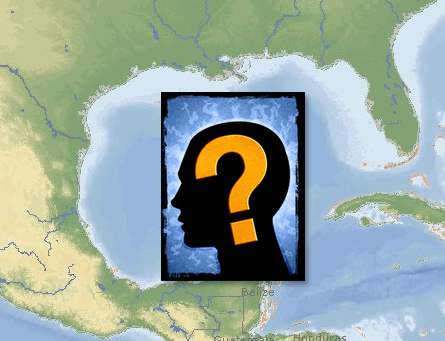
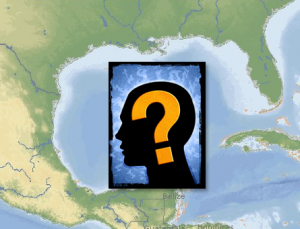

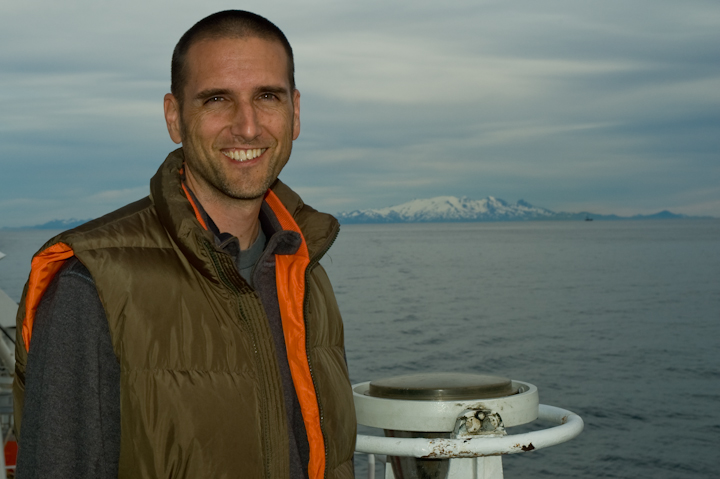

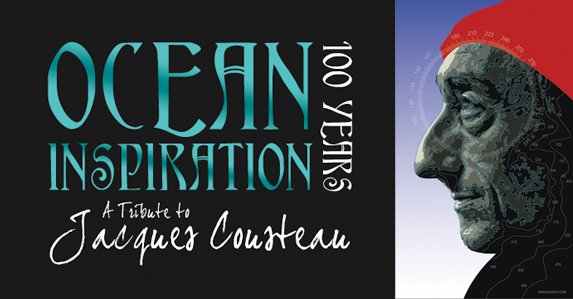
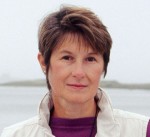
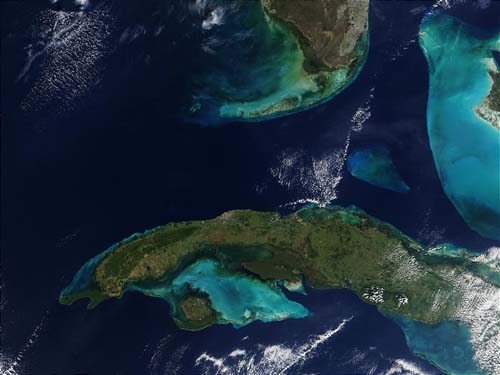
Dispursants are not to be used to hide underwater oid gushers. The oil should be allowed to surface and thickened by fumed silica and scooped up by Kevin Kostners boats and recycle the silica after burning the globs for energy to be used for electrc cars.
National Geographic October issue “Oil Spill” clearly shows why the worlds food supply is threatened. Fish eat plankton. Dispersants kill plankton.
771,000 gallons of dispersant were released at the well head to hide the oil to avoid public outrage.
Political decision from what I hear on the news. Bad decision